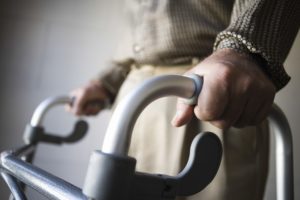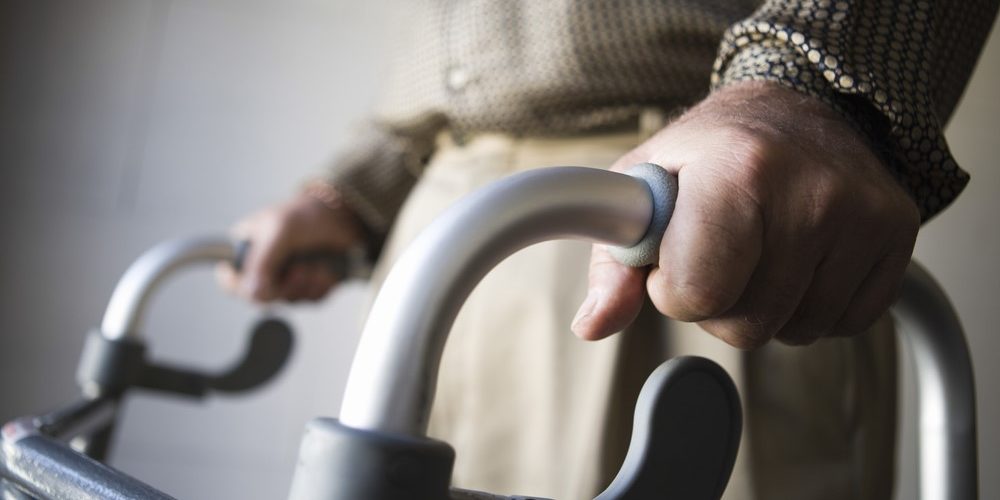 According to the National Council on Aging one in four Americans age 65 and older falls every year. Falls are also the leading cause of both fatal and non-fatal injuries in older Americans. That means that every 11 seconds, an older adult is seen in an emergency department for a fall-related injury.
According to the National Council on Aging one in four Americans age 65 and older falls every year. Falls are also the leading cause of both fatal and non-fatal injuries in older Americans. That means that every 11 seconds, an older adult is seen in an emergency department for a fall-related injury.
According to Adam Wos, MD, Emergency Medicine physician at Mather Hospital, “elderly people who fall now make up our largest cohort of Emergency Department patients presenting with trauma, and injuries that can be severe, ranging from intracranial bleeding to spine fractures, rib fractures, pelvic fractures, shoulder fractures, and hip fractures. These can be devastating and life altering injuries that can take away a person’s independence, so it’s imperative that people who are at risk of falls take every precaution to prevent them.”
Fortunately, falling does not have to be an inevitable part of aging. Here are some ways you can prevent falls:
- Exercise and balance. As we age, most of us lose some coordination, flexibility and balance. This makes it easier to fall. Maintaining an active lifestyle and practicing balance, strengthening and flexibility exercises will aid in keeping you standing tall.
- Talk to your doctor. More than 80 percent of older adults have at least one chronic health condition such as diabetes or arthritis. These conditions may increase your risk of falling as they can result in loss of physical function due to pain and inactivity. Talk to your doctors about any pre-existing health conditions and ask them to assess your risk of falling and help you create a prevention plan.
- Review your medications. Some prescription and over-the-counter medications can cause dizziness, drowsiness, dehydration or interactions with other drugs. These side effects can lead to falls. Make sure you review your medications and all of their potential side effects with your doctor to ensure that you will not be at increased risk of falling. Remember to only take medications as prescribed.
- Vision and hearing. Get your vision and hearing checked annually. Having healthy eyes will enable you to see potential obstacles in your path. Hearing loss can impair balance and environmental awareness to people, pets and other things going on around you. Get your hearing checked, and if necessary, get fitted with a hearing device to increase your alertness and reduce your risk of falling.
- Fall-proof your home. Some key things you can do to make your home safe include:
– Increase lighting throughout your house, especially in stairways, and ensure that you can access appropriate lighting when getting up in the dark/night.
– Make sure that all of your railings on staircases are secure.
– Install grab bars in tubs or showers and near the toilet, or if necessary, consider getting a shower chair with a hand-help shower head for increased safety.
– Eliminate small rugs or other items that can become a tripping hazard. - Talk to your loved ones. Ask for the support of your family and friends to help you take the simple steps needed to stay safe and standing on your own two feet.

